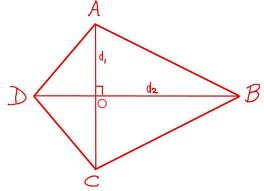Events & Promotions
| Last visit was: 25 Apr 2024, 01:35 |
It is currently 25 Apr 2024, 01:35 |

Customized
for You
Track
Your Progress
Practice
Pays
10:00 AM PDT
-11:00 AM PDT
01:00 PM EDT
-11:59 PM EDT
12:00 PM EDT
-01:00 PM EDT
03:00 PM PDT
-04:00 PM PDT
11:00 AM EDT
-12:00 PM EDT
11:00 AM IST
-01:00 PM IST
08:00 PM PDT
-09:00 PM PDT
05:30 AM PDT
-07:30 AM PDT
11:00 AM IST
-01:00 PM IST
12:00 PM PDT
-01:00 PM PDT
12:00 PM EDT
-01:00 PM EDT
Difficulty:


 65%
(hard)
65%
(hard)
Question Stats:
51% (01:28) correct 49%
(01:33)
wrong
49%
(01:33)
wrong  based on 390
sessions
based on 390
sessions


images.jpg [ 5.43 KiB | Viewed 25052 times ]







|
|
||
|
Hi Generic [Bot],
Here are updates for you:
ANNOUNCEMENTS
Watch earlier episodes of DI series below EP1: 6 Hardest Two-Part Analysis Questions EP2: 5 Hardest Graphical Interpretation Questions
Tuck at Dartmouth
GMAT Club REWARDS
|